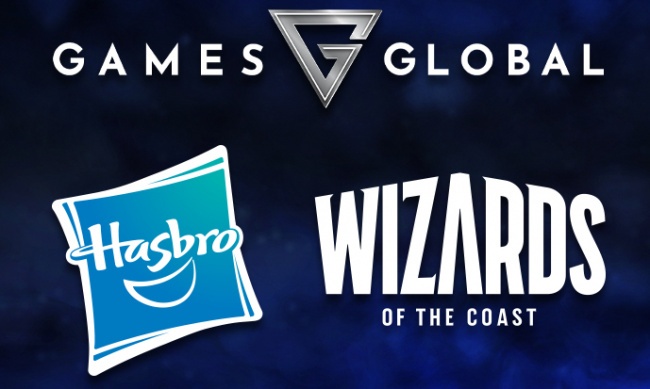Dungeons & Dragons: From Tabletop to Jackpot? D&D Slot Machines Coming Soon?

In a move that has sparked significant controversy, Hasbro and its Wizards of the Coast division have announced a licensing agreement with Games Global to bring Dungeons & Dragons to the world of online gambling. The first fruit of this collaboration will be “Dungeons & Dragons Tales of Riches,” an online slot game developed by Neon Valley Studios, slated for release in the first quarter of 2025.
This announcement comes amidst a broader trend of D&D licensing venturing into diverse, and some would argue, unexpected territories. From vegan footwear to now online gambling, the iconic role-playing game is increasingly becoming a commercial entity beyond its traditional tabletop roots.
Concerns and Criticism:
- Exploitation of Fandom: Critics argue that this move exploits the passionate D&D community for profit, potentially normalizing gambling and potentially leading to addiction among fans.
- Erosion of Brand Integrity: Many feel that associating D&D with gambling undermines the core values of creativity, imagination, and social interaction that have traditionally defined the game.
- Ethical Considerations: Concerns have been raised about the potential for this partnership to contribute to gambling addiction and its potential impact on vulnerable populations.
Precedents and Past Issues:
This is not the first time that iconic fantasy franchises have been leveraged for gambling purposes. Previous ventures, such as Marvel, Star Wars, and The Lord of the Rings-themed slot machines, have faced similar criticism. While some of these partnerships have ended, the D&D gambling license raises questions about the ethical and social responsibility of companies that license their intellectual property.
Conclusion:
The D&D gambling license agreement is a significant development with far-reaching implications. While it may generate revenue for Hasbro, it also raises serious concerns about the exploitation of fandom, the erosion of brand integrity, and the potential for negative social consequences. This move will undoubtedly be closely watched by the D&D community and the broader gaming industry, serving as a crucial test case for the future of intellectual property licensing in the gambling sector.
Disclaimer: This blog post aims to provide an objective and critical analysis of the situation.
Discover more from DDO Players
Subscribe to get the latest posts sent to your email.




Leave a Comment